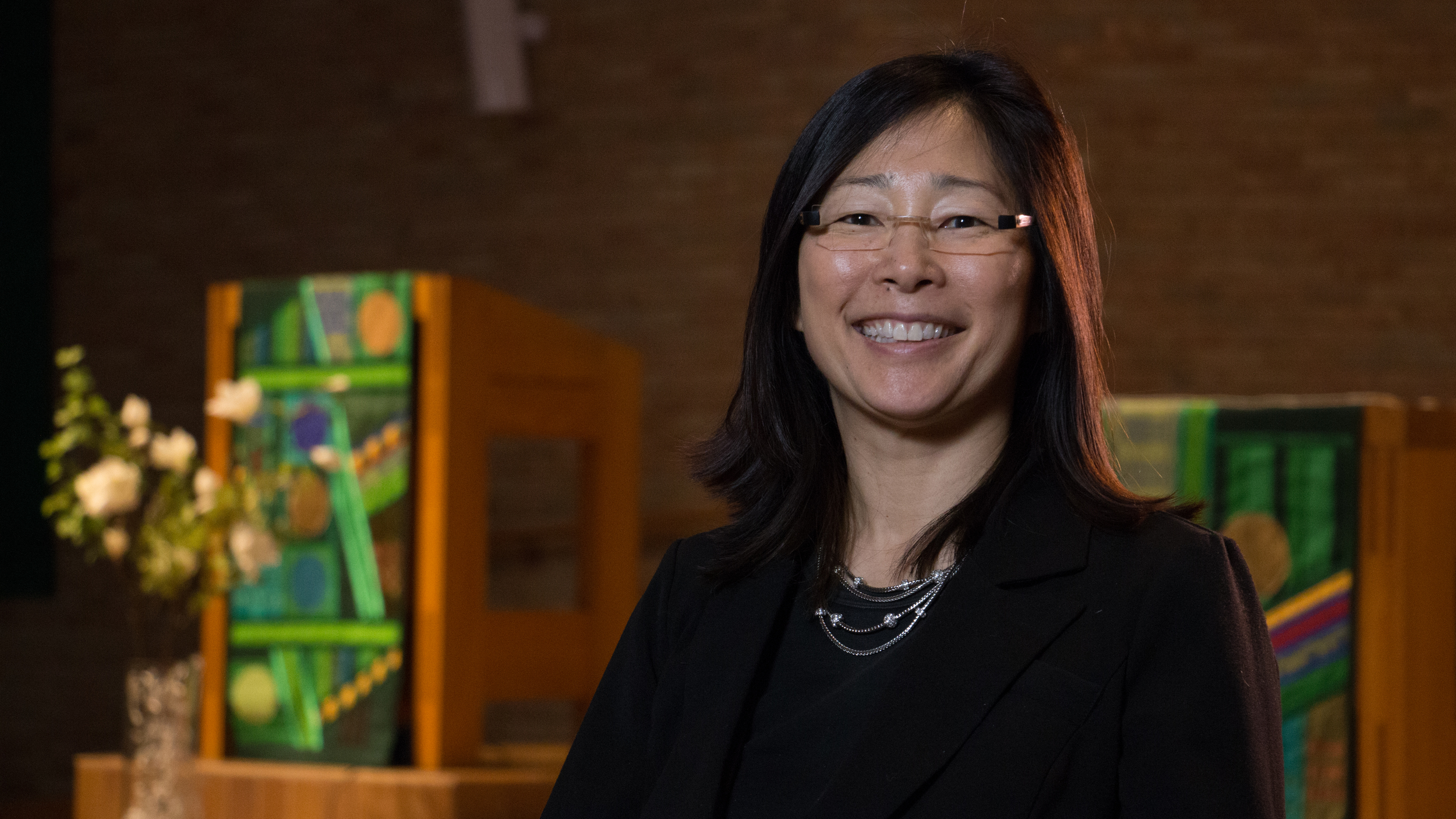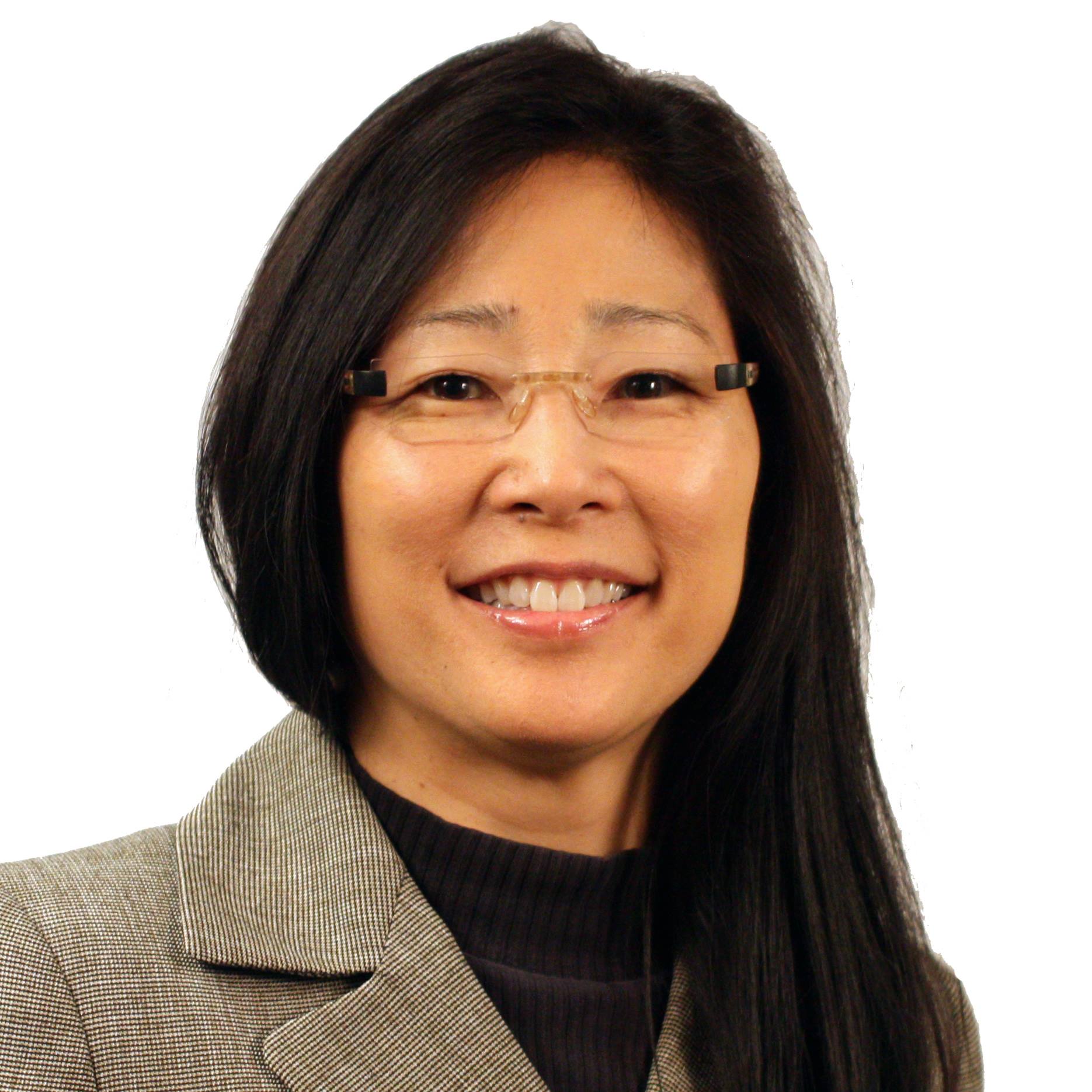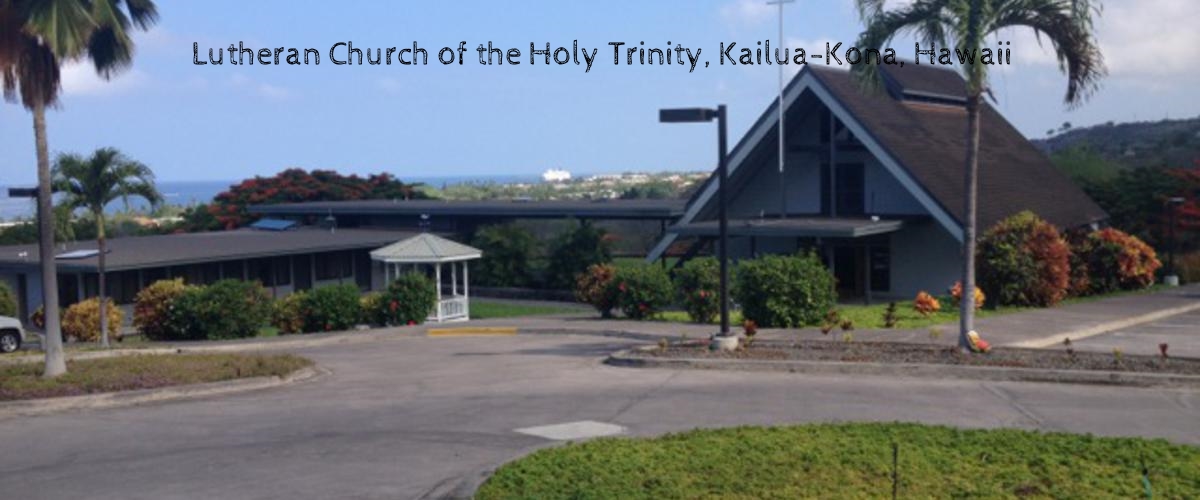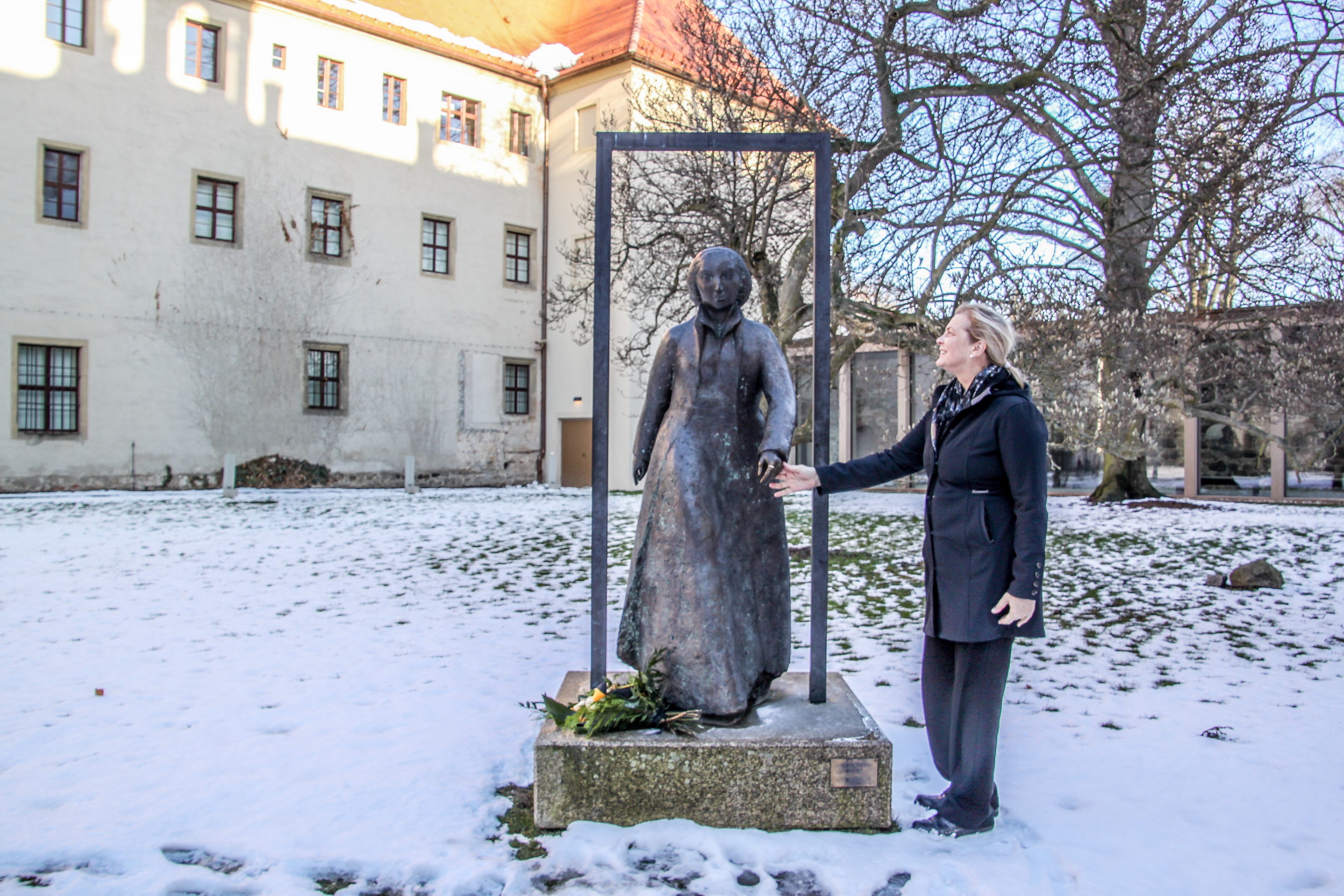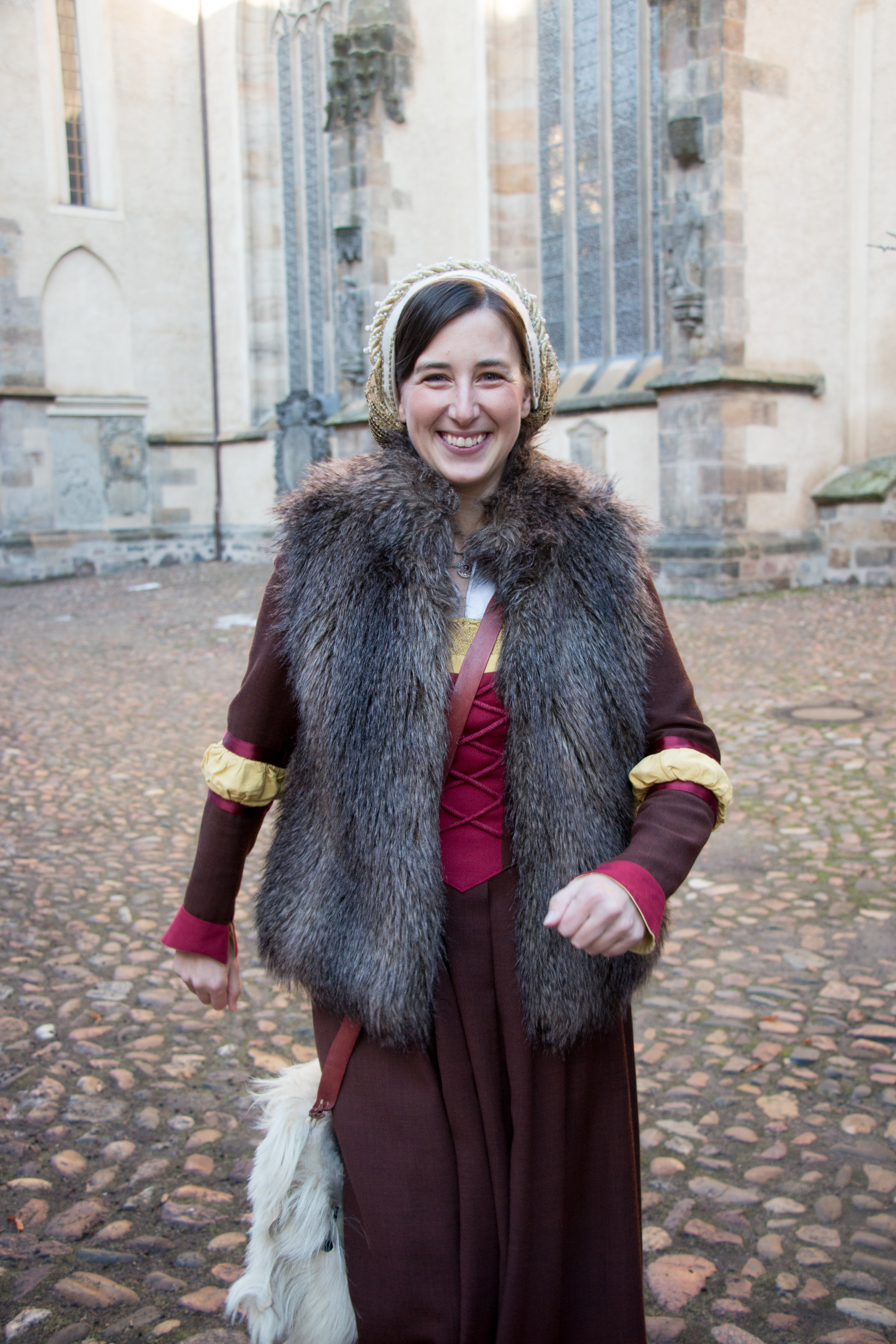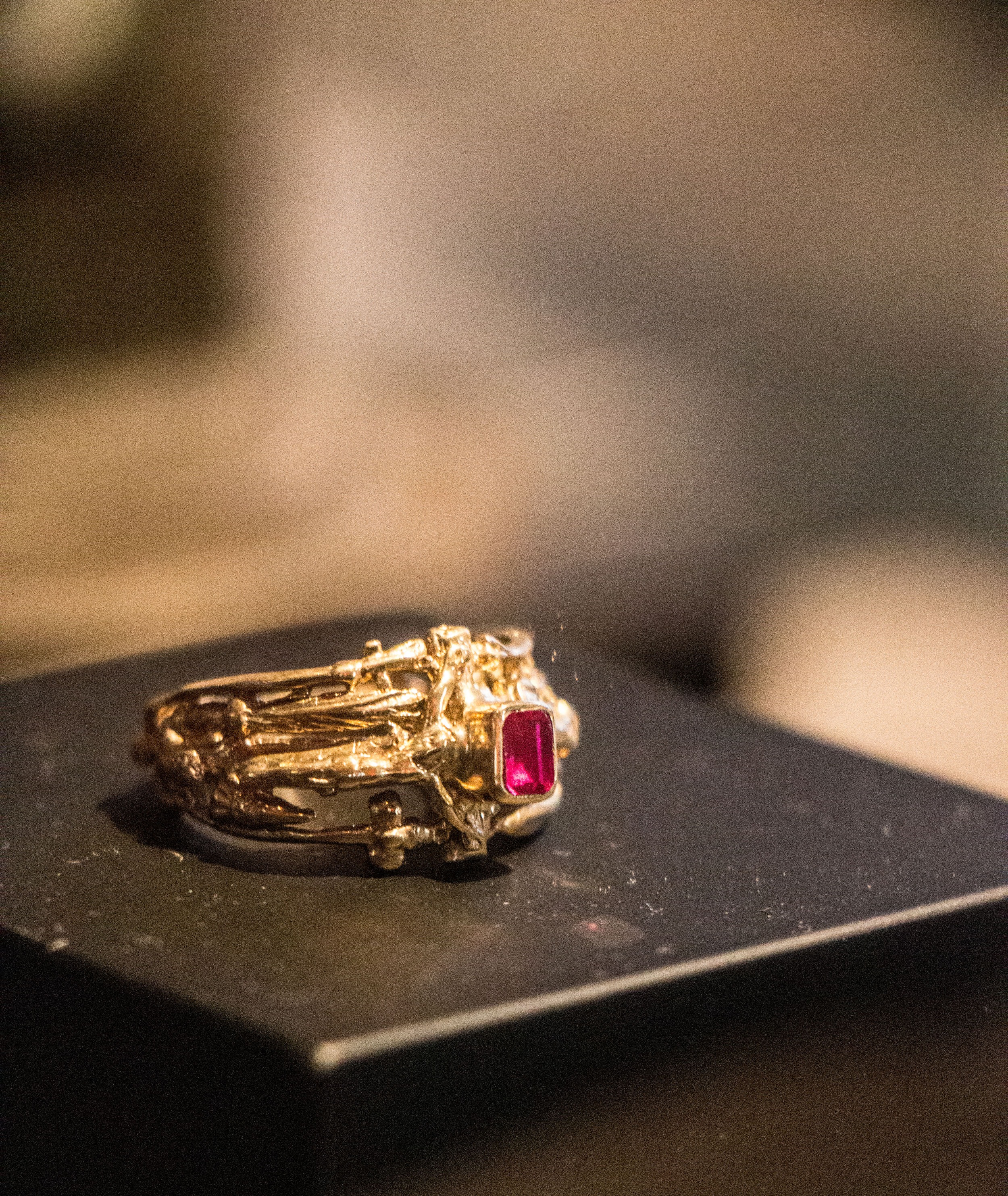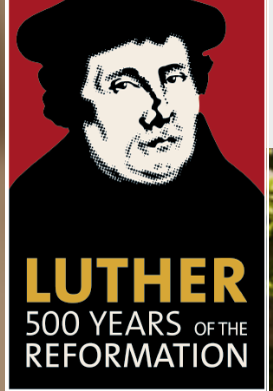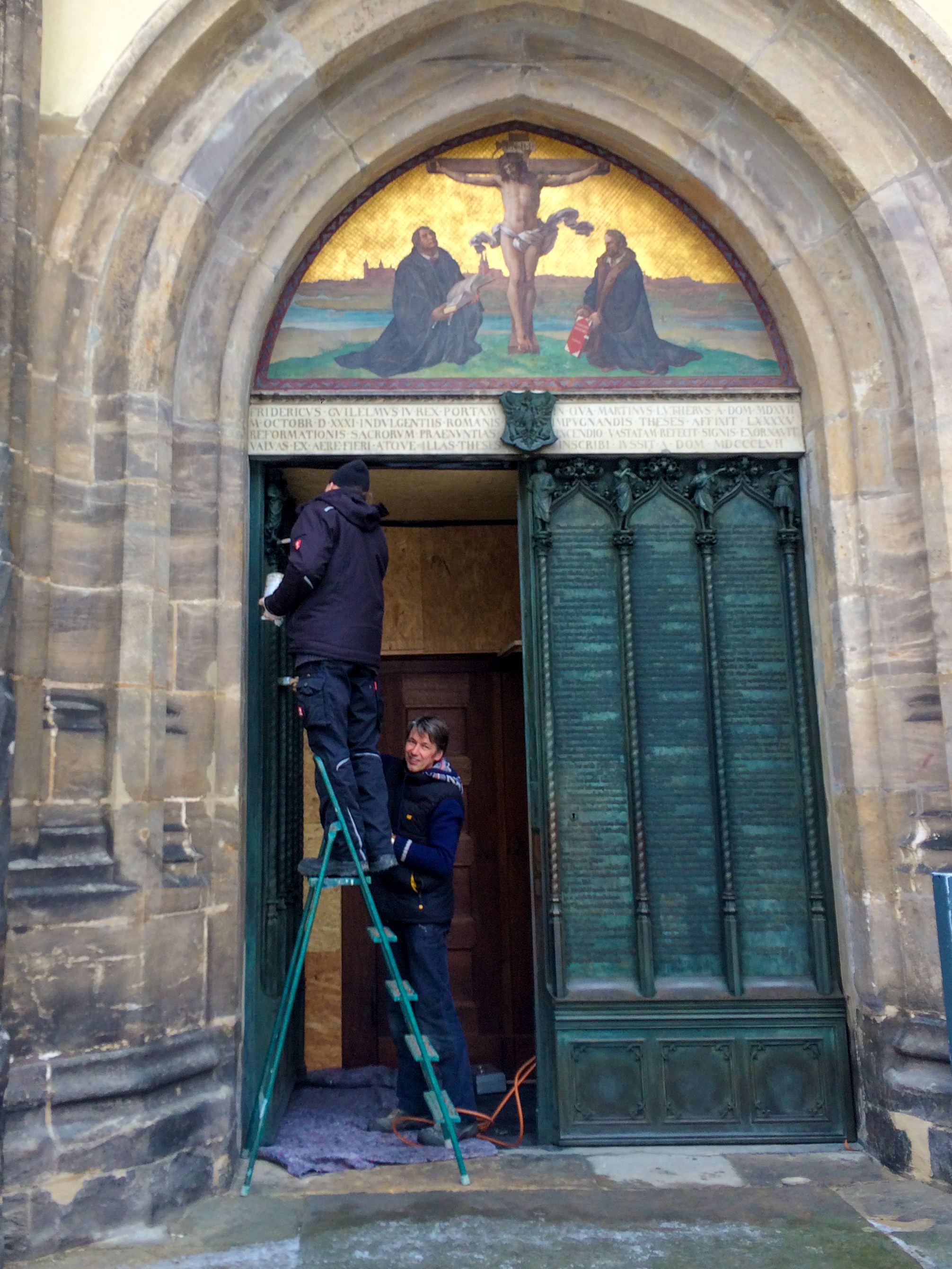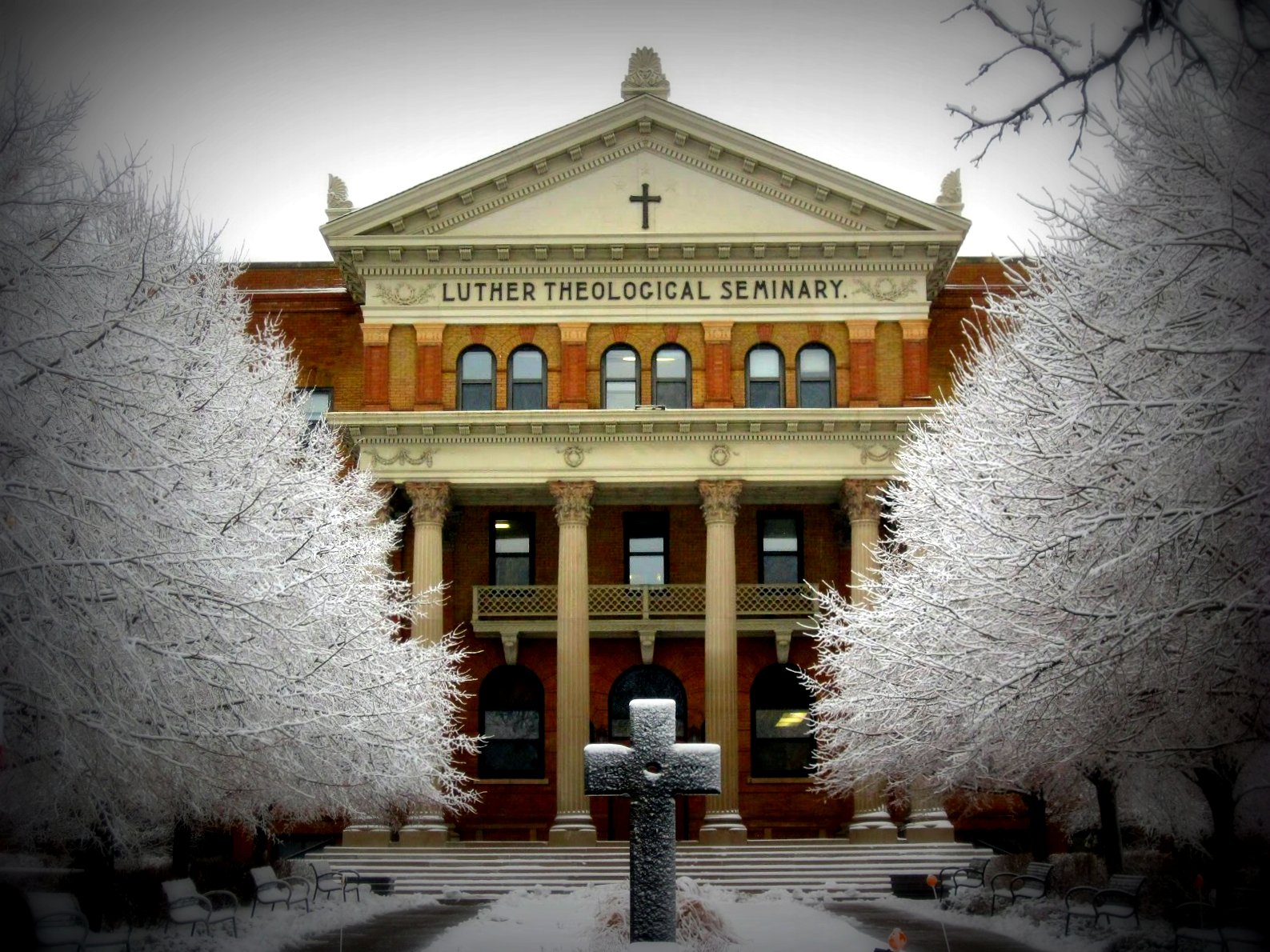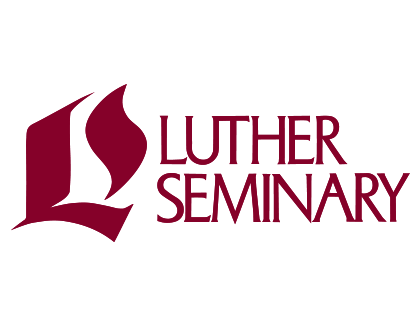Vocation at Work
Deanna Bassett is not a typical seminary student. She takes one class at a time. She works a full-time job in corporate America as an accountant. She came from a Buddhist background, becoming a Christian in her 30s. She is also not a typical seminary student in that she will have little or no debt upon graduating, due to her pacing and the support of her home church. Whereas obtaining a Master’s of Divinity degree takes four years, Deanna’s will take ten years.
Baptized in 1995, Deanna came to faith when she and her family attended a church in Ohio. Deanna credits the preaching and teaching of the pastor along with attending an Alpha course as important factors in discovering her own call. “While I was part of the Lutheran church (in Ohio), the pastor imparted on me the importance of the ‘priesthood of all believers.’ He showed me how my ministry was very important functioning as an accountant in a big firm, how I was imparting Jesus’ presence in the corporate workrooms.”
Deanna believes her background, along with a new opportunity as a diversity and inclusion leader in her workplace, will strengthen her skills for ministry.
While her husband and two sons are very supportive of her journey to seminary, others do not always understand: “I’ve received mixed responses when I tell people I am going to a seminary. I’ve had people--because I came from a Buddhist background--not knowing what a seminary is—and they think I would shave my head and live in a monastery. They are wondering if this is part of the induction process! I’ve explained it and people realize it is a reasonable call for me and then they even point out how my gifts would be a good leadership in the church.”
Deanna’s path may be unusual, but her intentional way of approaching a seminary education is working for her. Martin Luther believed the idea of " vocation"--using the God-given gifts for the benefit of the neighbor-- provides people with ways to serve God and others during the course of their everyday lives. Deanna Bassett is doing just that, all the while, processing a seminary education she enjoys immensely. And when she graduates and is looking for her first call, there will be a church that will be blessed by her seminary training, leadership gifts, diversity training, as well as her ability to read a balance sheet!
In Jerusalem with Luther Seminary graduate and Pastor Jeni Grangaard Falkman and her daughter, along with Deanna Bassett and Janet Karvonen-Montgomery. Jeni is serving the Evangelical Lutheran Church of Jordan and the Holy Land (ELCJHL). She also was a past recipient of the Graduate Preaching Fellowship.

